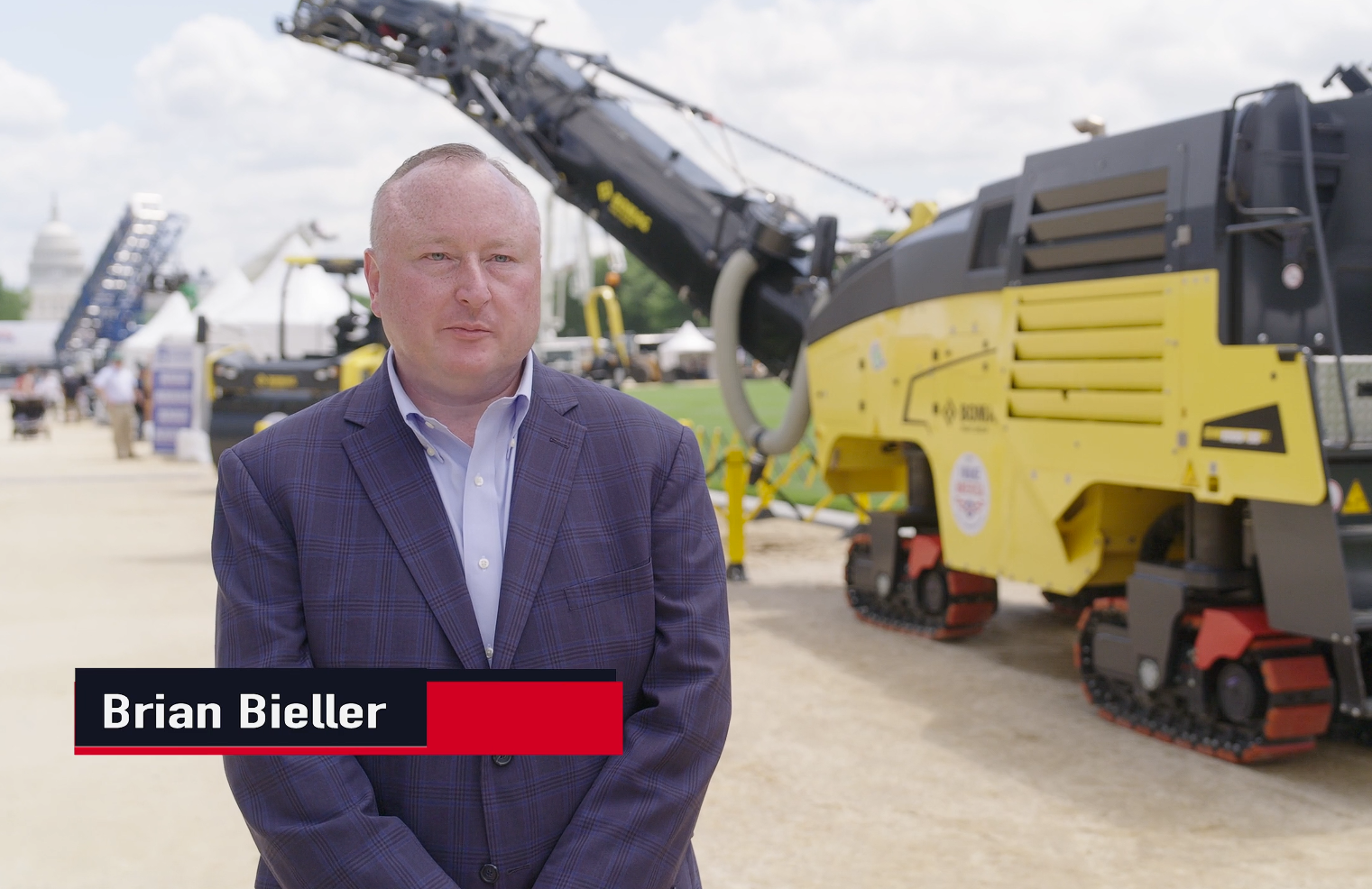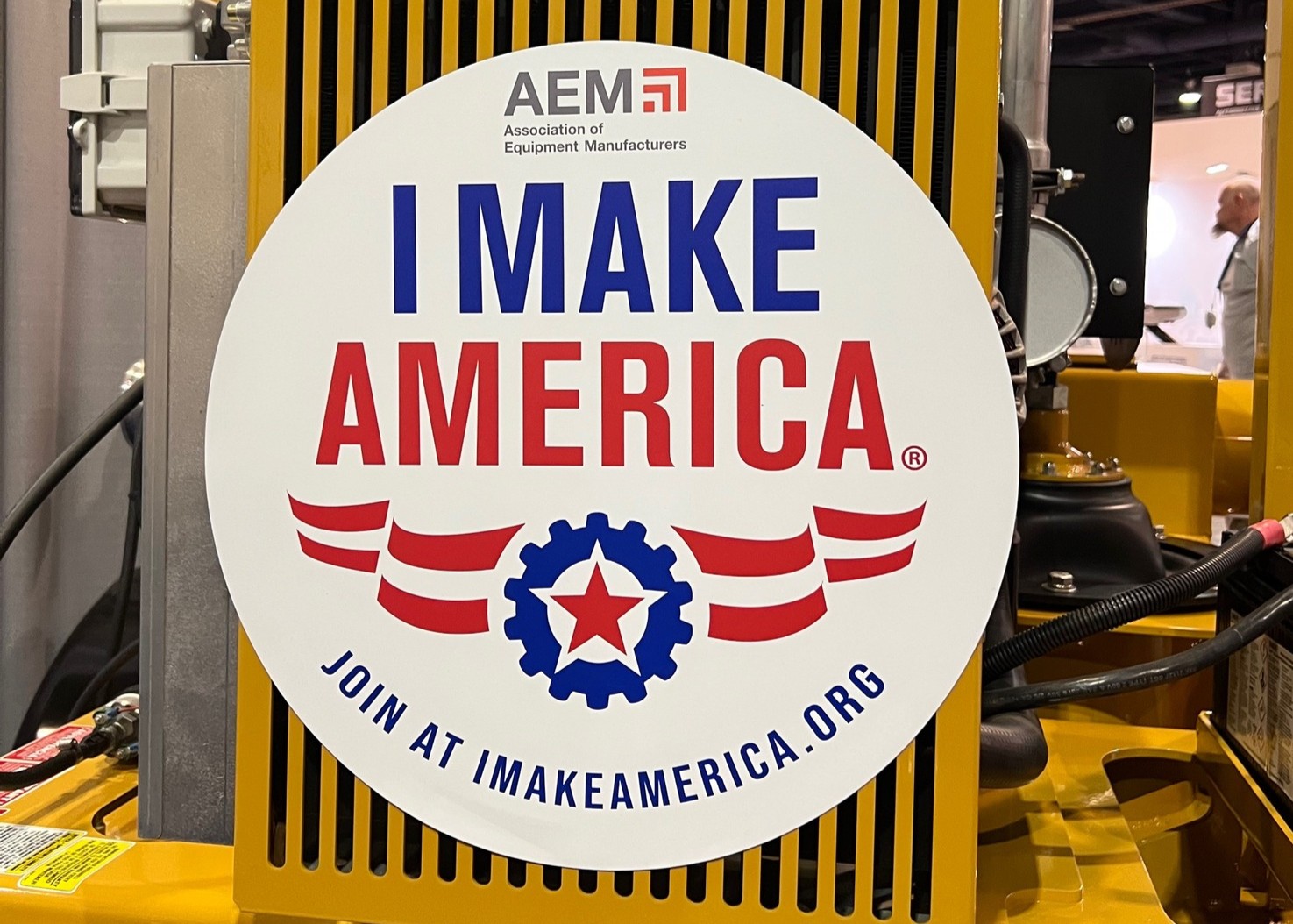With members of Congress heading home for the holidays, AEM’s Senior Director of Government Relations Kate Fox Wood embraced the “season of giving” by providing her expertise on a panel to discuss the issue of workforce needs associated with manufacturing.
The panel was organized by the Bipartisan Congressional Skilled American Workforce Caucus led by U.S. Representatives Brenda Lawrence (D-Mich.) and French Hill (R-Ark.) to educate congressional staff on current challenges and legislative opportunities to grow the advanced manufacturing workforce.
The panel discussed the need for Congress to reauthorize the Workforce Innovation and Opportunity Act (WIOA), as well as industry specific needs for expanding, developing, maintaining, and modernizing the advanced manufacturing workforce. With the implementation of the Bipartisan Infrastructure Framework (BIF), the manufacturing workforce will play a vital role as part of the $1.2 trillion federal investment in U.S. roads, highways, bridges, broadband networks, electric grids, water and wastewater systems, ports, and inland waterways.
A recent report released by AEM indicates that the BIF will create nearly 500,000 new manufacturing jobs over the next three years, including more than 100,000 high-skilled, family-sustaining jobs in the equipment manufacturing industry. These are high-skilled jobs in primarily rural areas that pay an average annual income of $88,000 - 35 percent above the current national average. The data also shows that the BIF will generate over $2 billion in new federal, state, and local tax revenue from the equipment manufacturing industry and result in an additional $27 billion in overall economic output.
“As the investments authorized by the BIF roll out, the manufacturing industry will need to expand their workforce” said Fox Wood. “We need strong federal policies that will help equipment manufacturers keep up with the increased demand for their products.”
The panel discussed the need for public-private partnerships, tax credits to train employees, Pell Grant eligibility expansion, and the need for a constructive dialogue on making the apprenticeship program easier for small and mid-size manufacturers to utilize, particularly in rural communities.
AEM continues to serve as a leader on workforce development policy by providing unique opportunities for dialogue to members of Congress and their staff and advocating for legislation that will benefit the workforce of the equipment manufacturing industry now and in the future.
For more AEM news and updates, subscribe to the AEM Industry Advisor.





